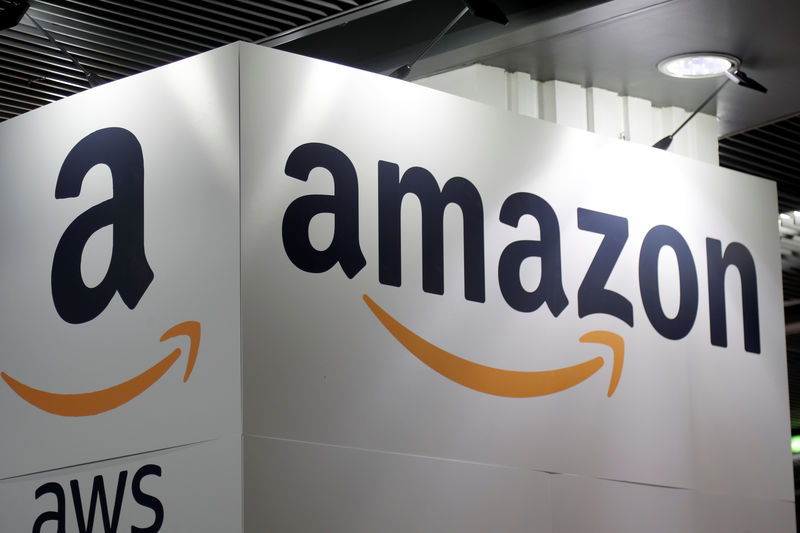Investing.com - Saks Fifth Avenue's parent company has successfully inked a $2.65 billion deal to acquire its competitor, Neiman Marcus, according to a report from the Wall Street Journal.
This merger, facilitated with assistance from e-commerce titan Amazon.com Inc (NASDAQ:AMZN), is set to create a dominant force in luxury retail with a focus on retaining affluent clientele.
The boards of both Saks Fifth Avenue and Neiman Marcus have approved the deal, with an official announcement expected shortly. The two department store chains have been in talks for months and have considered merging on several occasions in the past. Both have faced challenges as consumer spending on luxury goods has declined and fashion brands have established their own flagship stores.
The merged entity is projected to generate approximately $10 billion in annual sales. In comparison, luxury conglomerate LVMH Moët Hennessy Louis Vuitton, owner of Chanel, Louis Vuitton, and numerous other brands, reported sales of about $94 billion last year.
Amazon plans to acquire a minority stake in the newly formed company, to be named Saks Global, and intends to contribute its technological and logistical expertise. Salesforce (NYSE:CRM), another minor stakeholder, will aid in implementing artificial intelligence. Saks already has business relationships with both these tech companies, so this merger will strengthen existing partnerships.
HBC, a holding company that purchased Saks in 2013, is funding the deal with $2 billion raised from its current investors, including Rhône Capital, the Abu Dhabi Investment Council, and NRDC Equity Partners. Apollo Global Management (NYSE:APO) affiliates are providing $1.15 billion in debt financing.
Marc Metrick, the CEO of Saks's e-commerce division, will lead the combined companies. This merger is a strategic move banking on the belief that the companies will be more robust together. Neiman Marcus, previously owned by several private-equity firms, filed for bankruptcy protection in 2020. It emerged later that year with less debt and new owners, including Pacific Investment Management Co., Davidson Kempner Capital Management, and Sixth Street Partners.
Sales of luxury goods have been slowing down recently, despite a spending boom triggered by pent-up demand post the Covid-19 pandemic. Inflation has also impacted the market, particularly among aspirational buyers with less flexible budgets. Bain & Co. estimates that luxury spending in the Americas fell 8% in 2023 compared to 2022, even as sales increased in Asia and Europe.
